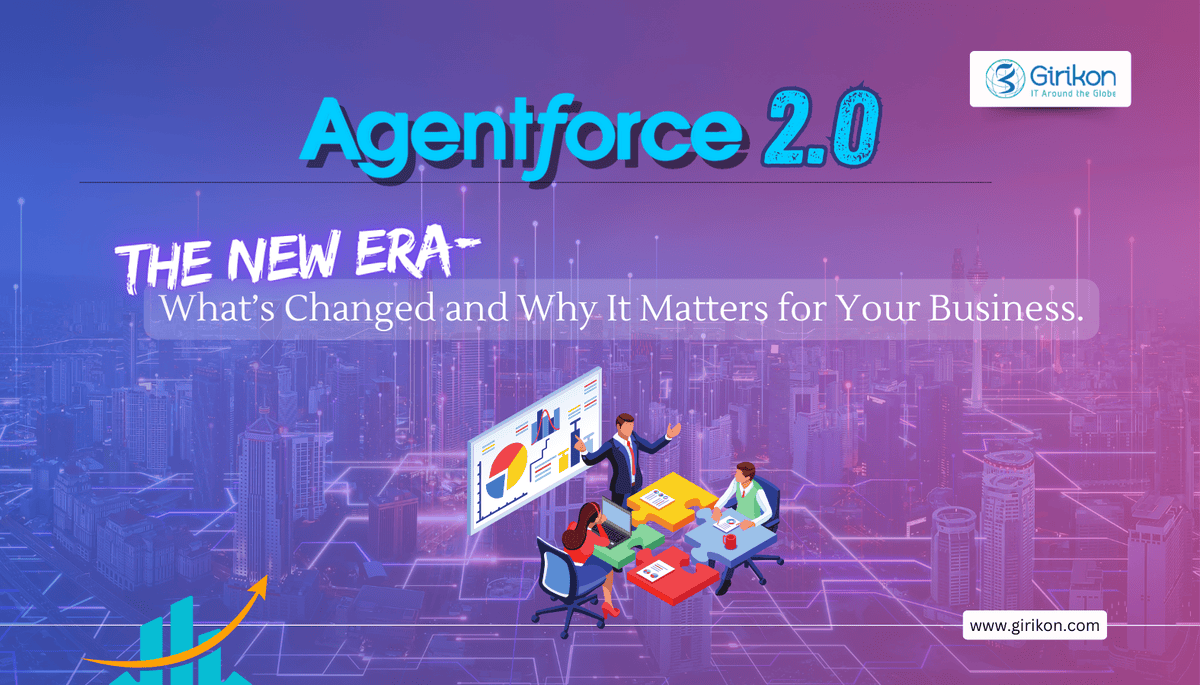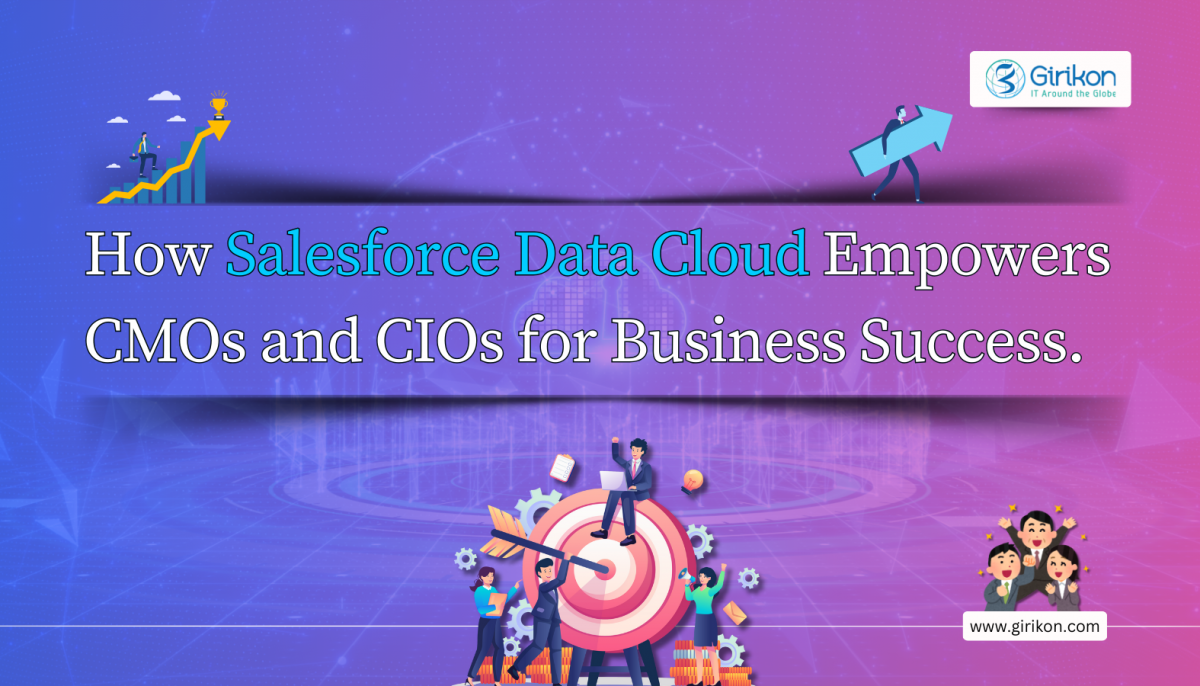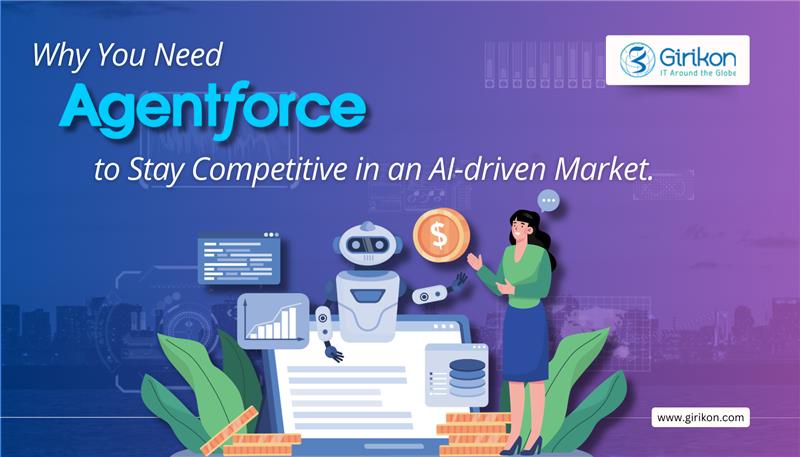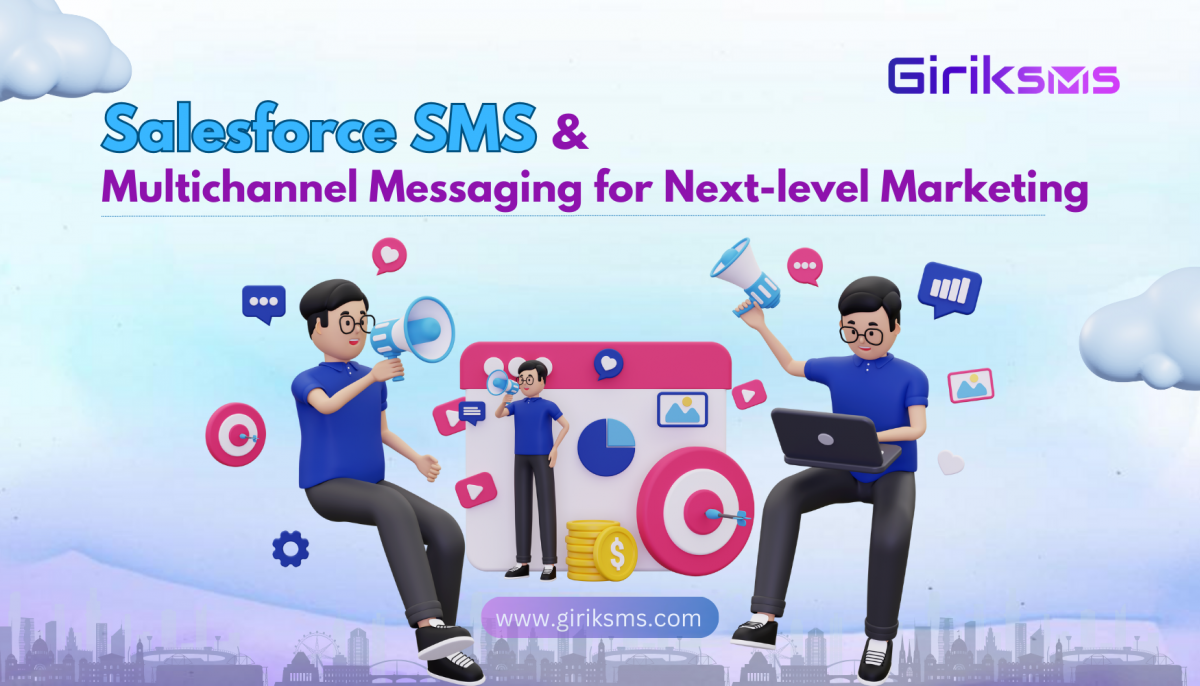In the early 90s and 2000s, customer service was about face to face communication, emails, and telephone contact. After the arrival of the Internet of Things (IoT), the face of customer service changed for good.
Let’s get into the nitty-gritty detail to know what Internet of Things (IoT) is. Internet of Things (IoT) is the network of physical devices, vehicles, home appliances, and other software items which are connected to the internet and enables these devices to connect, collect and behave as per the surrounding environments using embedded sensors, processors and communication hardware.
With the evolution of CRM, smartphones and cloud-based application Internet of Things is growing and becoming stronger day by day.
Haven’t we all imagined a smart home where lights are turned on automatically as you enter home. At morning when you get up, your favorite music starts and an automatic kitchen where the coffee pot starts brewing when you come out of the washroom.
The above things seemed like a science fantasy movie a few years back but thanks to the Internet of Things (IoT), now these all are possible. All the home appliances, smart devices are connected and communicate with each other which makes this wonder happen.
If the Internet of Things (IoT) add magic into your day to day life then just imagine the benefits it will bring into the customer service sector. According to a report of Gartner, 8.4 billion connected things will be in use worldwide in 2017, up 31 percent from 2016, and will reach 20.4 billion by 2020.
IoT also makes machine smart. Smart products can identify faults, communicate with the technical support and initiate actions to resolve them. All this happens before your customer is even aware of the issue.
With the help of Salesforce IoT, your support team can easily track the actual usage and new opportunities emerge from that data. Before that, you have to find out useful IoT data for your business. Now with the help of Salesforce IoT, you can actually create program based on your own idea with minimal coding in the Lightning Platform.
After implementing IoT for your business, it is really important to organize and manage volumes of data. A small volume of data can be managed easily but if you have a large volume of data we have another solution called Einstein.
Einstein will assist you with data on how to manage it and based on the activities and trends. For example, it will assign data to the team to solve an issue, flag them as per the requirement.
That’s all folks for today. That’s all for this article, in case you require Salesforce Implementation Partners or Salesforce IoT expert, then please feel free to reach out to us at sales@girikon.com
With the progression in technology, business practices are shifting more towards automation.
#1 CRM, Salesforce is also packed with automated marketing component named Salesforce Marketing Cloud which is a platform for marketers that allows them to create and manage relationships with customers.
The Marketing Cloud consolidates integrated solutions for customer journey management, email, mobile, social media, web personalization, advertising, content creation, content management and data analysis. The business user can make predictive analytics to help make decisions such as, which is the best communication channel as per user response. It is endowed with a component called Journey Builder that helps marketers tailor campaigns to customer behavior and specifications, demographics and transmission channel choices.
The business user can take benefit of event-driven triggers to initiate actions like when a customer joins any new program, a trigger runs in the background to send a welcome message, other events could trigger data updates in the customer contact record.
The Marketing Cloud is also connected to Salesforce.com’s Sales Cloud and Service Cloud , which concedes coordination that produces a unified experience and prevents customers from being reached separately by marketers from all three groups.
The key characteristics of the Marketing Cloud include
➤ Messaging(Email / SMS) at every step of the customer journey, keeping the customer updated and involved within the process.
➤ Drag-and-drop segmentation makes the job easy for all type of users.
➤ 1:1 content personalization ensures customer specific content.
➤ CRM and cross-channel integration with external platforms make process management sound.
➤ A/B and random-split testing.
➤ Lead capture automatically via various sources capturing relevant details.
➤ Comprehensive, real-time tracking and reporting of the Organization progress.
➤ Pre-built templates and themes for better customer engagement.
Practicing Marketing cloud to manage marketing tasks takes organization brand to a different level, we as Salesforce Marketing Cloud Partner ensures following best practices to achieve the maximum throughput.
Salesforce Community Cloud
-
October 22, 2018
-
Uditi Jain
Salesforce Community – A branded space for your employees, customers, and partners to connect.
Different business encounters different problems and consequently in order to fulfil the varied business requirement we need a hundred different solutions.
Salesforce is the most commonly used CRM tool around the globe, introduction to the community helps business users collaborate among staff, funders, members, volunteers and other supporters. The launch of such platform has made business users connected with all the customers on a single place as per their shared interest. Some businesses have also adopted this platform as a standalone platform in managing their client relationship.
What is Salesforce Community Cloud?
Community Cloud is a social platform from Salesforce.com that is designed to connect and facilitate communication among an organization’s employees, partners and customers.
For example, if your customer wants to know how many different products are there for choice, he doesn’t have to wait for your team to respond, he can see all the list on the community portal. If the company had a million customers and had to face a million requests a month its satisfying to present the customer with an updated database.
The solution to the problem is given by Salesforce in form of Community cloud that gives all the customers access to the Salesforce data so that they themselves can reach the product list and can also filter them as per their significance.
Apart from this, the business user can manage the access level of all the customers as per their association with the business. This is all taken charge by the Salesforce in order to maintain specific information visible to the users as there may be millions of customers and all they have the different type of involvement with the business.
It is an awesome way to share information, collaborate internally on projects/tasks, or communicate with customers in a more personalized way. Salesforce community cloud is accessible with Enterprise, Performance, Unlimited, and Developer editions of Salesforce.
Communities can serve a business by,
1. Driving more sales by connecting your team with your distributors, resellers, and suppliers.>
2. Delivering world-class service by giving customers one spot to get all their solutions within least time.
3. Managing social listening, content, engagement, and workflow in one place.
The use of community cloud may vary business by business, however, in the nutshell, it’s a way to share information accumulated in Salesforce without building costly users. There are many features on the community cloud and many tricks on how it can help drive your business smoothly.
Communities allow creating user ID and Passwords, or access for the users. However, instead of manually creating access, a business can leverage Salesforce’s Social Sign-on features. This allows access to the community through different social networks like LinkedIn, Twitter, Facebook, and Google, or even leverage Salesforce, Amazon, or even Azure Active Directory to permit login. Salesforce also supports OpenID Connect standard.
It also has some pre-built templates for business use and also gives the advantage to create front-end templates for community portal. For most simple use-cases, the user can customize it little for specific needs. However, giving it better look and feel business users prefer designing it via custom Visualforce force pages.
The custom template allows the customized way to log-on users to the community. The login and logout screen can be customized to match your website or brand UI. It also enables users to register themselves for a community through self-registration pages.
We as a Salesforce Consulting Partners has observed how our clients get profited after practising Community.
Let us start this blog by defining the meaning of a Salesforce Trailblazer. A trailblazer is a person who is not afraid of learning new things, does innovative work and most importantly, a person who builds a better world for others.
Certified Salesforce Implementation Partner for Driving Digital Transformation
Unlock the full potential of your Salesforce CRM with our certified and trained implementation experts. Our experts streamline your CRM, automate workflows, and optimize customer experiences to drive growth. Whether you’re scaling operations or improving engagement, our experts ensure an efficient and seamless transition. Convert opportunities into revenue with our Salesforce Implementation Services.
Connect us for a free quote
Level up your sales, service, and marketing game with our reliable Salesforce services.
Salesforce Implementation Services
Salesforce Implementation Services covers the entire journey of CRM adoption, from consulting and deployment to training and support. We leverage our extensive experience and expertise on the Salesforce platform to configure and customize Salesforce to facilitate an accelerated digital transformation for businesses.
Our customer-centric approach to Salesforce implementation empowers us to build and deliver solutions tailored to your business needs while enabling you to become more efficient and effective. Whether it is automating complex business processes or integrating and streamlining systems, our experienced Salesforce implementation partners address your unique business challenge in the most appropriate way. Our services span across various industry verticals, including education, banking and financial services, IT, retail, pharmaceutical, healthcare, telecom, manufacturing, not-for-profit and more.
Our team of Salesforce Implementation partners strives to align with your vision and push the boundaries to make the most of the Salesforce platform while ensuring successful implementation. We have helped businesses across continents transform the way they work. Over the years, we have successfully accomplished hundreds of implementation projects with varied levels of complexity.
Why Choose Girikon for Salesforce Implementation Services?
Successful Salesforce implementation requires associating with the right partner. As a leading name in the Salesforce Implementation and consulting space, our industry-specific expertise enable businesses to transform their long-term vision to sustainable success. By partnering with us, you will get expert guidance at every step of your Salesforce journey. With a proven track record of offering robust solutions across industries, Girikon tailors its approach to meet the unique needs of your business.
Quality
Our ISO 9001 certification ensures the quality of delivery to our customers. Our certified Salesforce Implementation Consultants work closely with customer teams to continuously enhance business processes to deliver better and faster business outcomes.
360-Degree Accountability
We strive to bring your most ambitious vision to life with our focused commitment to derive maximum value from Salesforce.
Direct access to innovation
Access the limitless possibilities of Salesforce with best-in-class engineering and integration capability and the latest platform upgrades.
World Class Salesforce expertise
Leverage 10-plus years of Salesforce experience and a global delivery model working with customers across continents to build upon the latest technology offerings from the Salesforce platform.
Flexibility
We allow our customers complete freedom to choose an engagement model that best meet their needs. Besides, we also provide them the flexibility to change the service model as they move ahead.
35%
Faster implementations
50%
Increase in project success
30%
Faster release adoption
Our Salesforce Implementation Process
At Girikon, we follow a structured approach to implementing Salesforce. From the initial consultation to post-implementation support, our Salesforce implementation process ensures a seamless transition tailored to your business needs.
Discovery and Envisioning
In this phase, our Salesforce consultants work closely with your teams to understand and log your business goals, processes, and technology systems, which allows them to establish an implementation approach that best meets your business needs.
Salesforce Product Setup
Our experts will work closely with you to select the Salesforce products that best meet your needs. We will help you configure and customize all the selected Salesforce products in alignment with your goals. Our team of professionals will customize templates, workflows, and access protocols to implement process automation on Salesforce. With custom reports and dashboards, they will help you uncover valuable insights into your data and empower you to take better and faster decisions.
Agile Development
With our agile approach to implementation, we help you make minor modifications to bring about significant efficiency in your day-to-day operations. Our experts have the skills and experience to build and deploy customized solutions using the Salesforce platform.
Legacy Data Migration
Our Salesforce implementation consultants have expertise in migrating data from any legacy system to Salesforce. Our experts have the experience and skills required to deal with the complex challenges associated with data migration. Our Data Migration Services include data import, cleaning, de-duplication, standardization, and synchronization.
Bolt-on Integration
Our Salesforce professionals have the necessary skills, knowledge, and experience to undertake bolt integrations with other cloud systems. We have worked with custom-built adaptors, as well as configuring pre-built ones.
Support, Training & Documentation
As a certified Salesforce Partner, we have a global team of proficient and experienced Salesforce professionals who can deliver best-in-class services to help you with support, maintenance, and training needs.
FAQs
What does an Implementation Partner Do?
An implementation partner is a Salesforce certified organization that has years of experience in deploying a customer relationship management (CRM) system for a company. They work to understand a company’s business challenges, recommend adjustments to workflows and processes, integrate existing systems with Salesforce, migrate legacy data into Salesforce, and provide employee training.
How do I Choose an Implementation Partner?
When considering potential partners, it is important to evaluate several key criteria. These may include a partner’s past performance track record, technical capabilities, alignment with your industry or desired solutions, and company culture compatibility. For instance, to gain more insight into a partner’s track record, one can examine case studies and customer success stories published on their corporate website. Additionally, visiting the Salesforce AppExchange to read third-party reviews can provide a sense of a partner’s real-world performance. A thorough due diligence process across these pertinent factors can help ensure the selection of an optimal partner well-suited to the needs of your organization.
Do you need an Implementation Partner for Salesforce?
Most Salesforce implementations require dedicated resources to oversee the process. A typical implementation project utilizes a Salesforce consultant for configuration and adoption, a Salesforce developer for customization work, and a project manager to coordinate efforts. For organizations new to the Salesforce platform, engaging an implementation partner can smooth the deployment. Implementation partners offer expertise in the current Salesforce release as well as optimal implementation strategies based on industry best practices. Leveraging a partner’s knowledge allows customers to better maximize their return on investment and transform business processes through effective use of the platform’s capabilities.
What is a Salesforce Implementation Service?
Salesforce implementation is basically getting a company’s customer relationship management system, their CRM, up and running on the Salesforce platform. It can include different things depending on what the company specifically needs. Usually it involves finding out how employees currently do their jobs and what info they need, coming up with a plan for setting everything up, connecting Salesforce to other systems they use, getting all their customer and business data moved over, training people how to use it, and then checking back later to see how it’s going. The goal is to help streamline things and have all their important business info in one centralized place.

 +1-480-382-1320
+1-480-382-1320 +44-7428758945
+44-7428758945 +61-1300-332-888
+61-1300-332-888 +91 9811400594
+91 9811400594


















